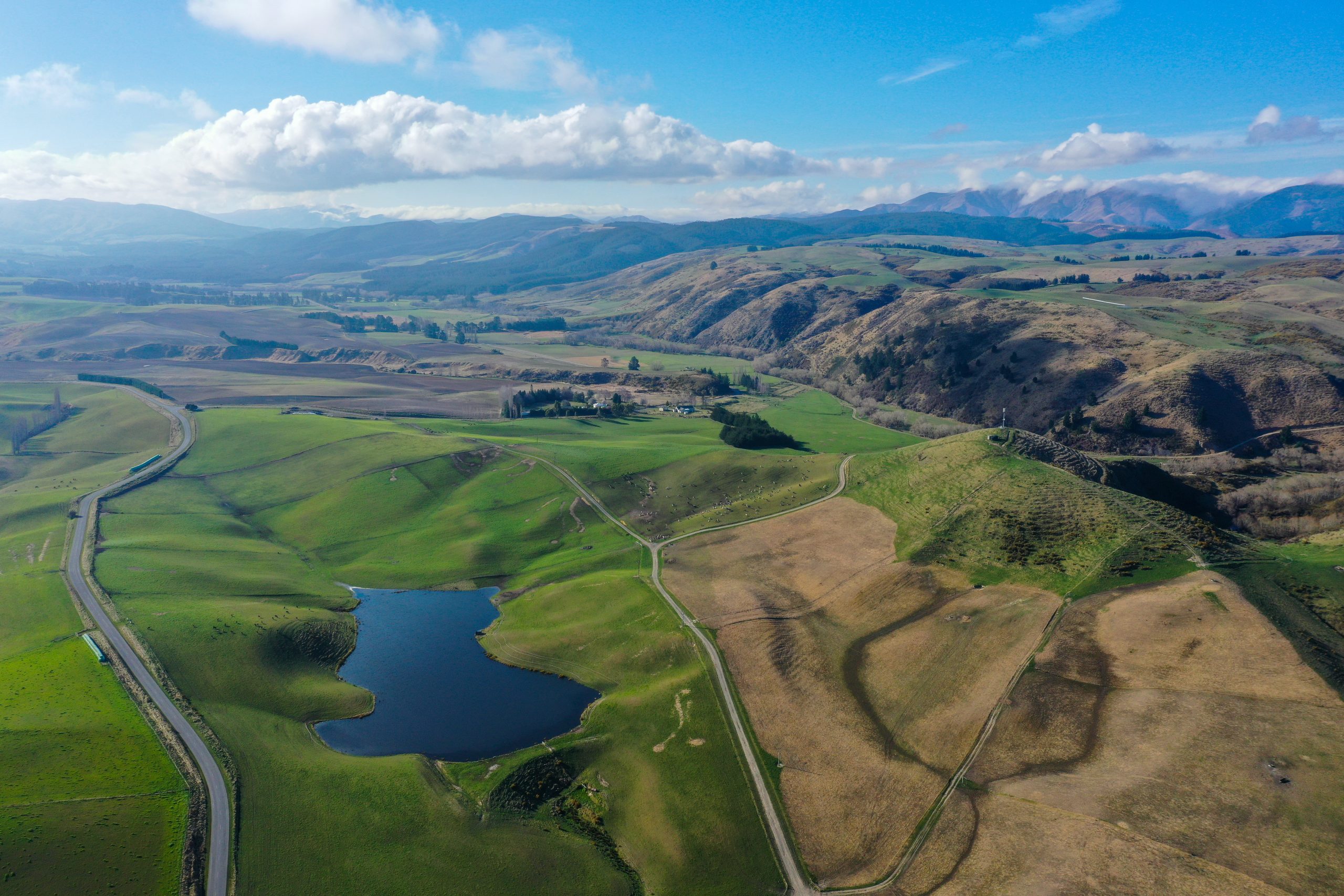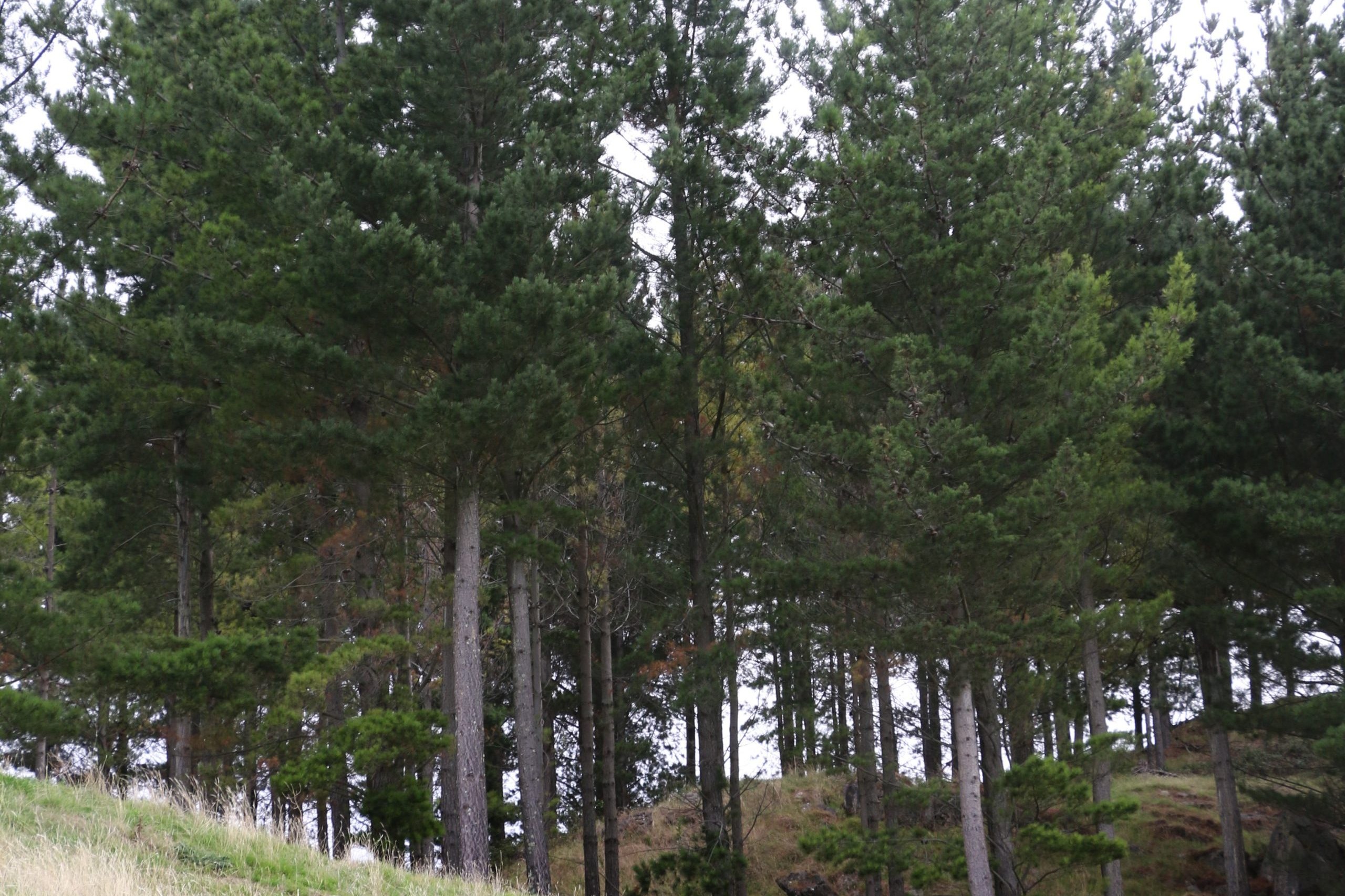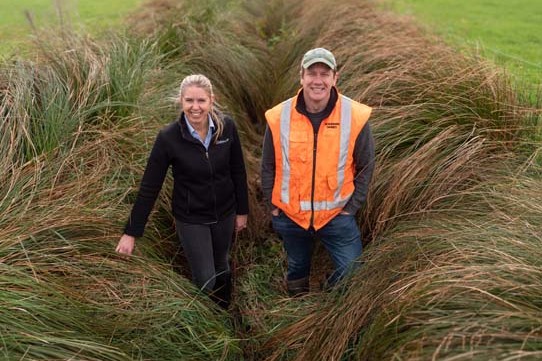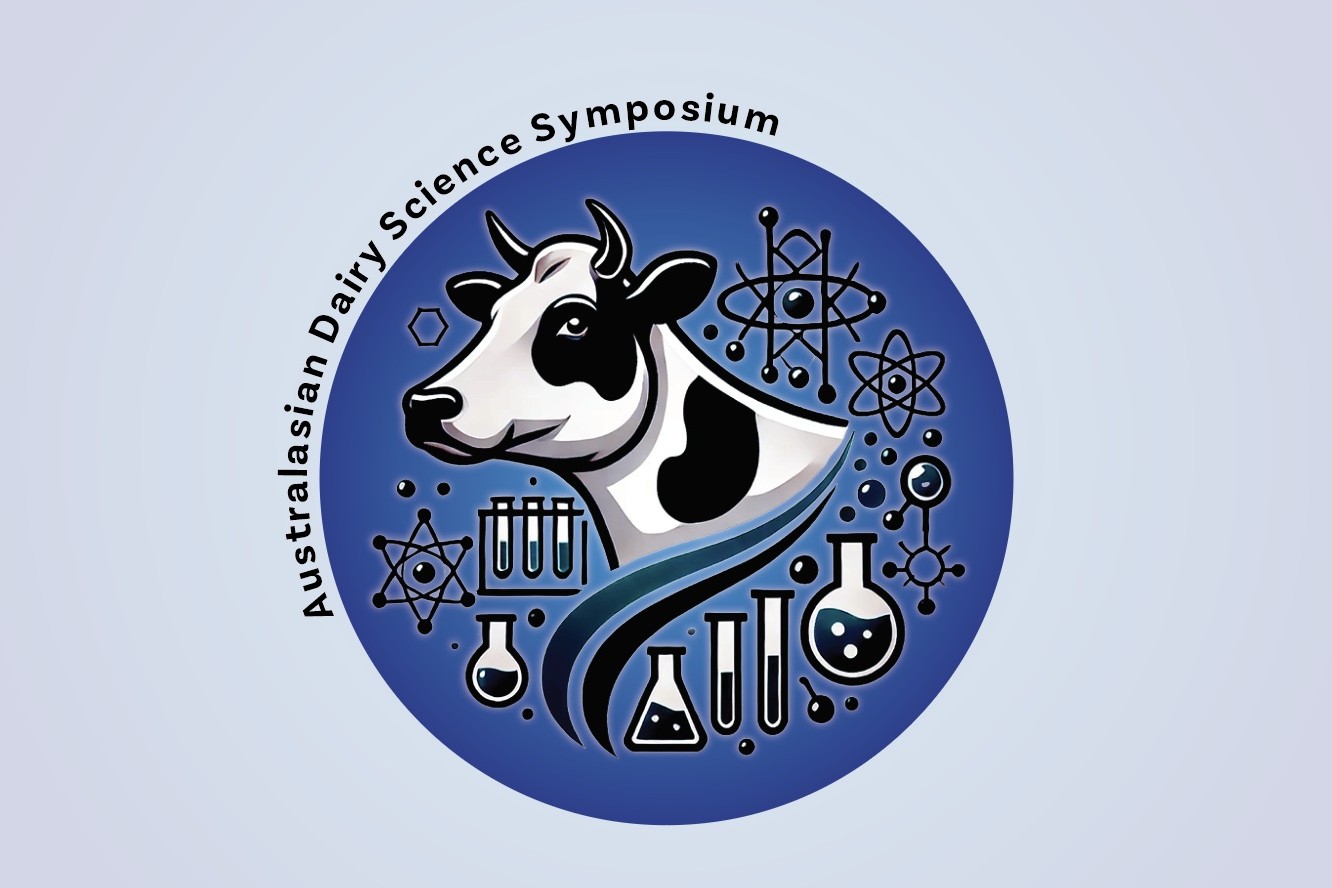Sustainability rewarded
Winners of the Ballance Farm Environment Awards for 2023 were announced at a celebratory event at Te Papa, Wellington, in late May.
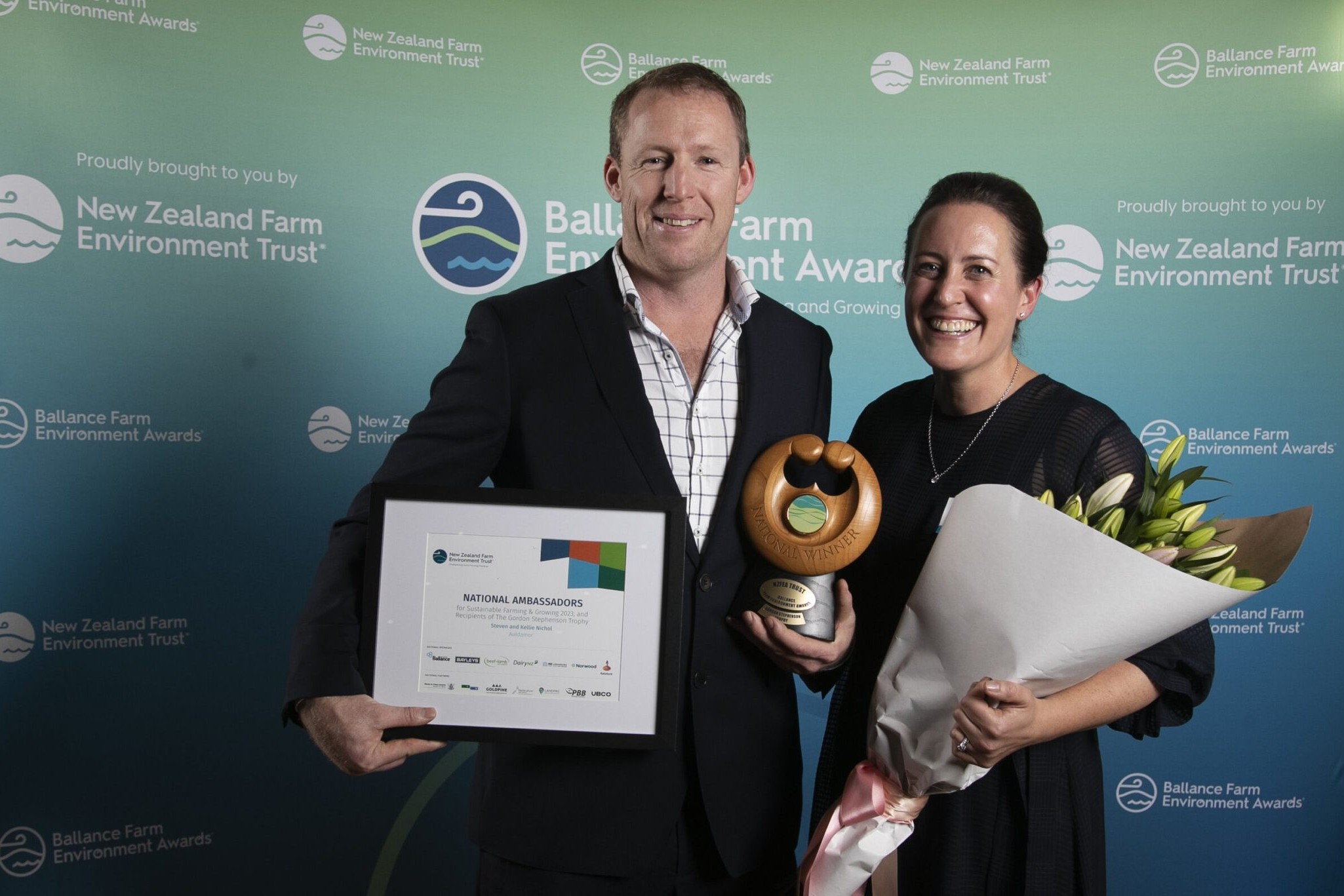
By Staff reporter
Te Papa’s function room was full with more than 500 celebrating farmers at the 2023 National Sustainability Showcase for 2023 in late May.
The cows were dried off, the rams had been chased out from the ewes and the teams were out to enjoy the party.
The night celebrated each of the 10 supreme regional winners of the Ballance Farm Environment Awards and Alan Gibson from Alan Gibson Images was to be congratulated for the incredible imagery he managed to capture on farms all over the country.
The images should be offered to Tourism New Zealand for marketing collateral to be beamed around the world.
After all, these farmers are selected by regional judges to show sustainability, best practice and achievement in the areas of animal and plant care, biodiversity, business health, climate, people and wellbeing, soil, water and waste management.
The overall winner from all regional winners is awarded the Gordon Stevenson Trophy, established by Waikato farmer and conservationist Gordon Stevenson who was the owner of the first ever QEII-covenanted native bush block in 1978.
Gordon and his wife Celia farmed at Waotu in Waikato and wanted farmers to start thinking about sustainability across all aspects of their business.
“We wanted people to think about the long-term effects of what they are doing.They have to ask themselves if what the are doing now will be sustainable in 100 years time.”
The winners for 2023 of the Gordon Stevenson Trophy were Steven and Kellie Nichol of Auldamor in Otago.
Managed by Grant Bezett, Auldamor is primarily a sheep breeding and finishing operation, with additional cattle grazing, and carbon and production forestry.
Steven and Kellie are constantly evolving their farming business through diversification and adapting production systems, all while considering environmental impact. Their 1498-hectare property is at Clarks Junction, Otago. The Nichol family has farmed in the area since 1871, meaning they have a strong connection to the land and consider improvements and guardianship a priority.
In 2007, the Nichols leased 976ha from Steven’s parents and bought it outright in 2010. In 2019, the farming operation was extended with an additional 522ha neighbouring lease block. During their tenure, Steven and Kellie have continually strived to improve, develop, expand and adapt the farming business.
The team runs 4500 ewes, 1500 hoggets and 80 rams, and graze an average of 290 mixed-age beef cows each year. Stock performance and profitability has been continually improved by adapting farming systems and emphasising on-farm measuring and monitoring.
The Nichols have focused on improving the farm’s subdivision and infrastructure, with several initiatives to improve soil health, including a no-till drilling programme. This has led to improved pasture resilience, better yields, and improved stock performance and animal health.
The property’s biodiversity has been enhanced through the planting of shelterbelts and forestry stands, along with significant fencing of native shrubland and waterways.
Steven is extensively involved with the local community catchment group and is one of several local farmers participating in a greenhouse gas mitigation project that is primarily focused on reducing gross methane emissions.
The regional judges commended the Nichols’ high level of knowledge about all aspects of their farm, their farming business and their guardianship of it, noting that – along with farm manager Grant Bezett – they make a great team, with many complementary skillsets.


